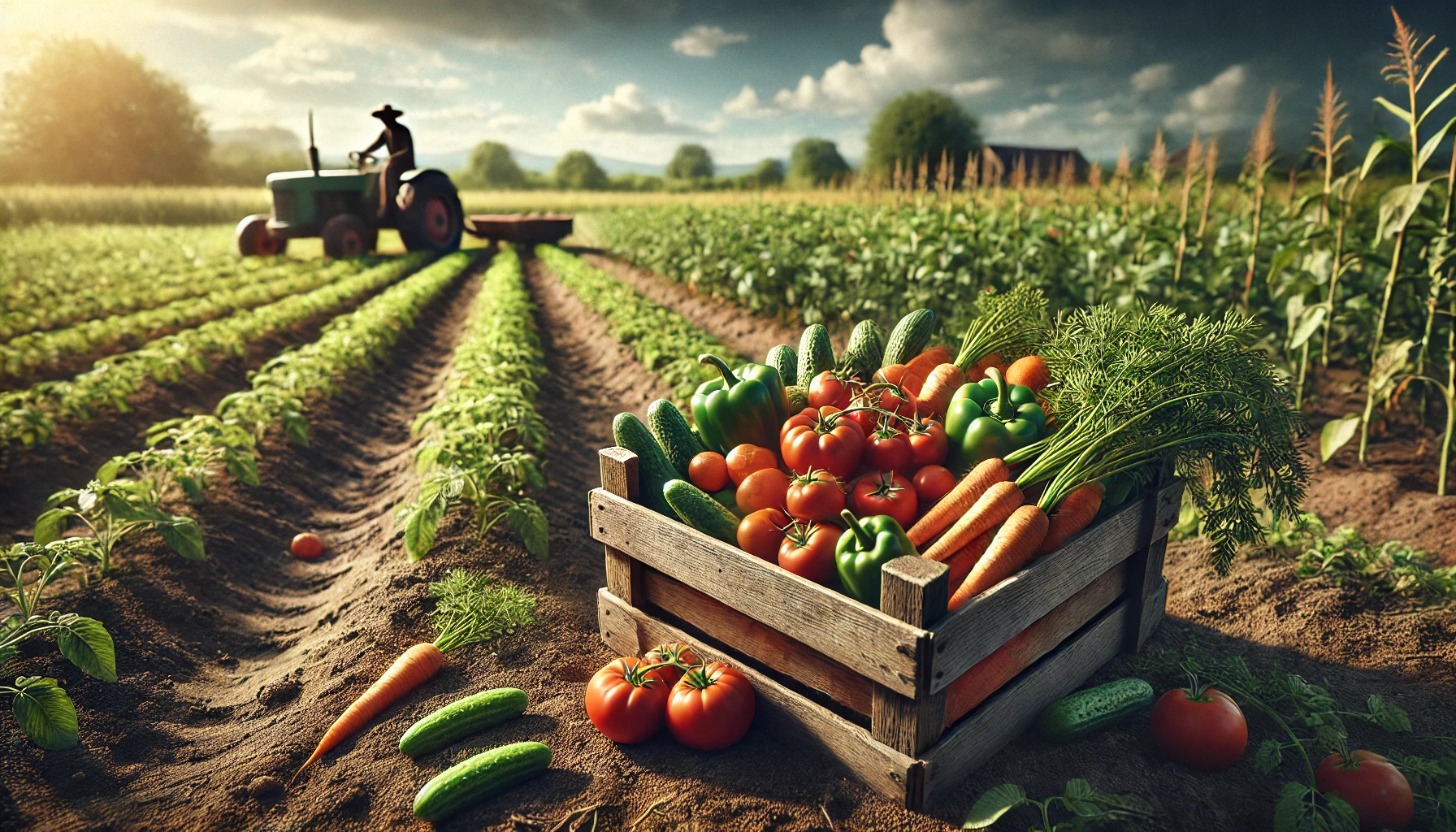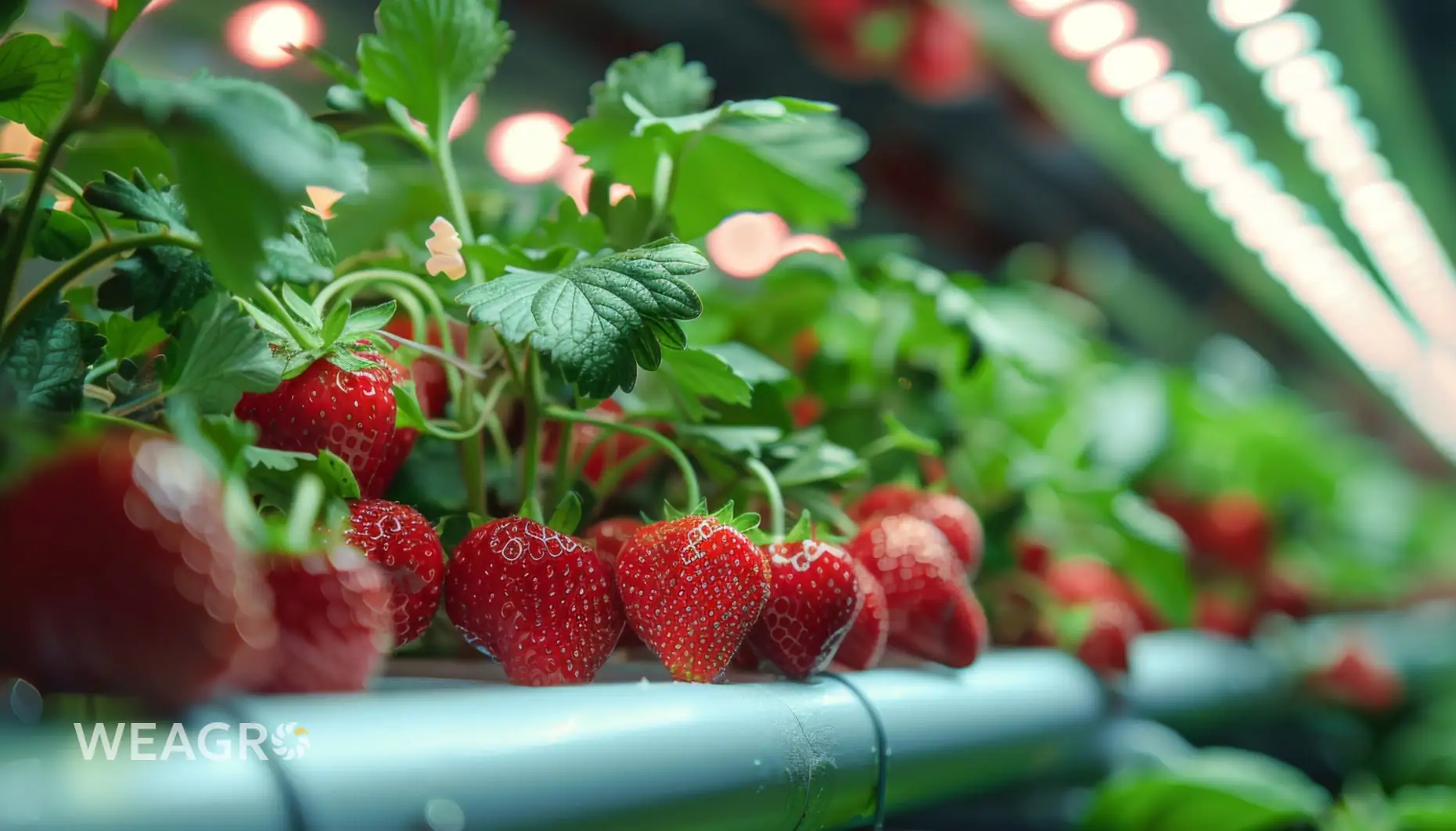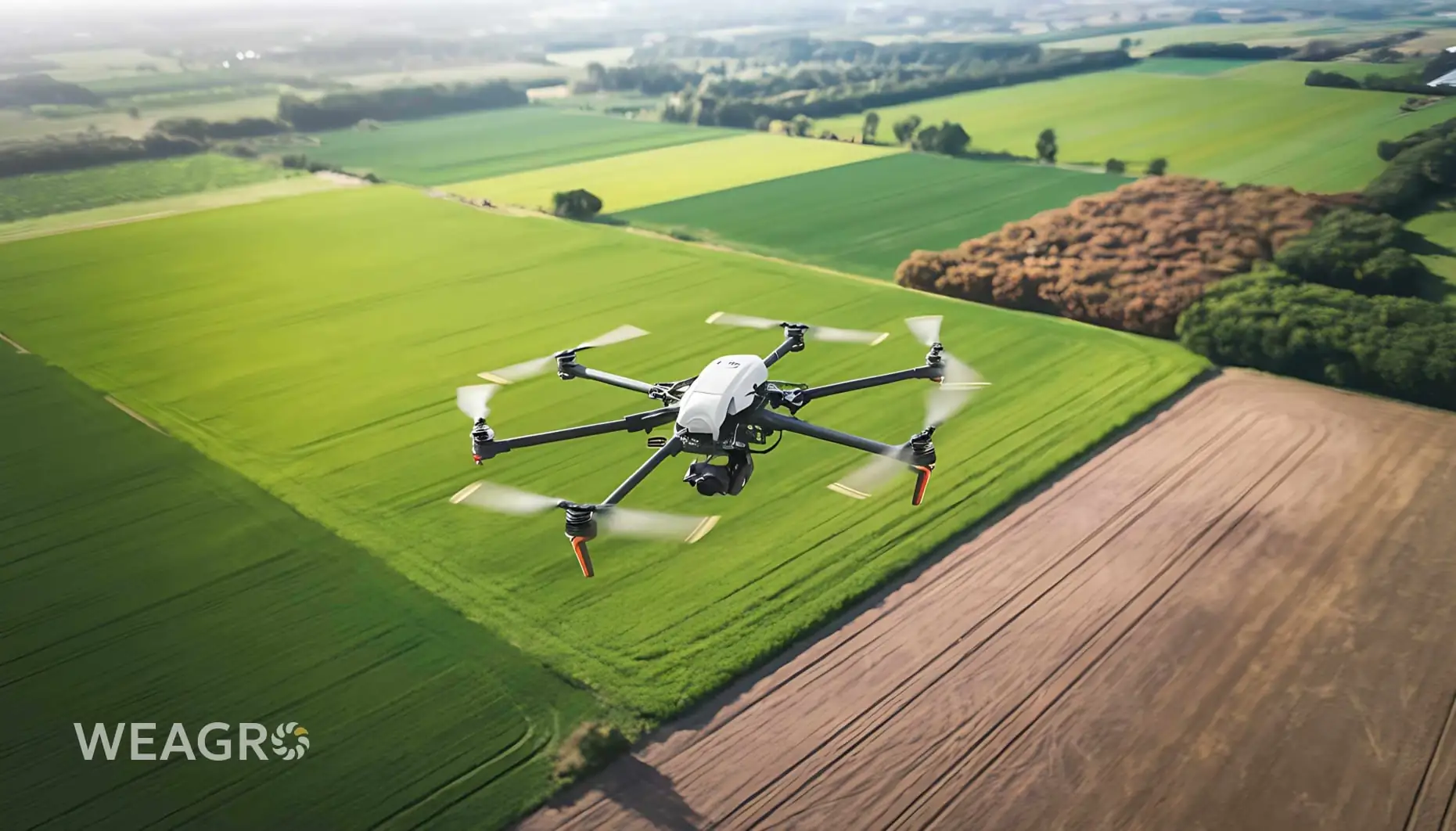Organic agriculture emerged as a response to excessive industrialization of the agricultural sector and deterioration of ecosystems. Its main goal became preserving nature while simultaneously providing consumers with high-quality and environmentally safe food products. This article presents the basic principles of this approach to agricultural production, as well as the requirements that farming operating in the organic sector must meet. We outline the current state and prospects of organic agriculture, farming, and livestock in Ukraine and explain what challenges a farmer planning to transition to organic agriculture should be prepared for.
What is Organic Agriculture and Farming
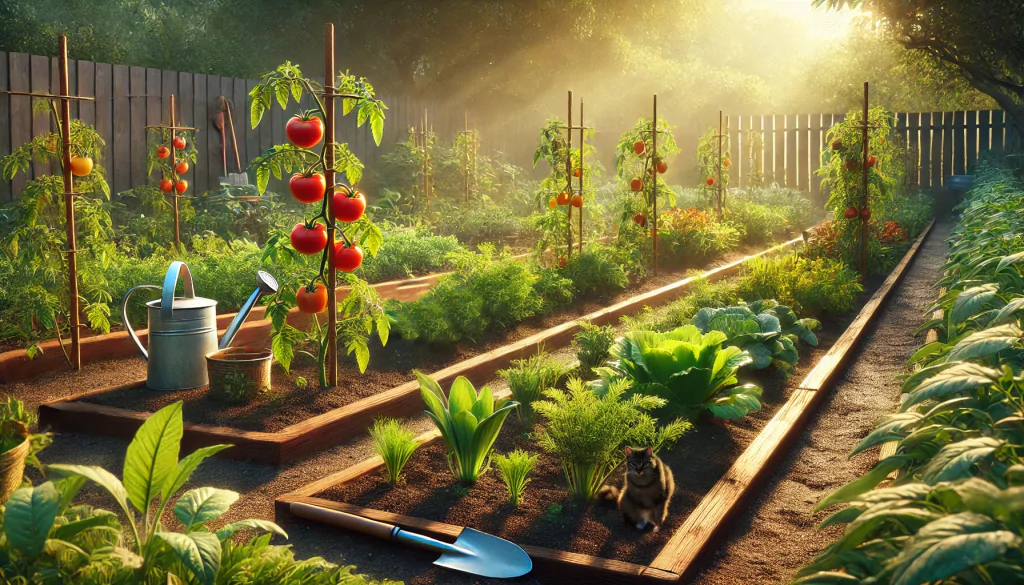
Organic agriculture is a method of conducting agricultural activities based on principles of ecological sustainability, maintaining biodiversity, and minimizing environmental impact. The main goal is to produce agricultural products and raise animals without using synthetic substances (pesticides, herbicides, mineral fertilizers, GMOs), veterinary drugs, or feeds. Instead, ecological plant cultivation practices are applied that promote ecosystem restoration, maintain soil fertility, and support crop health. In livestock farming, emphasis is placed on natural animal feeding and free grazing, allowing them to grow in a healthy environment.
What is organic farming and what are its main practices? It aims to create a sustainable balance between plants, soil, and the environment. Organic farming is a method of growing agricultural crops based on natural processes and materials. Specifically, this includes crop rotation, use of green fertilizers, composting, mulching, and biological pest control.
Read also: Organic fertilizers: what they are, types and application rates
Basic Principles of Organic Agriculture
Organic agriculture is based on several main principles:
- preserving and improving soil fertility through the use of compost, manure, and plant residues to restore nutrient balance;
- mandatory crop rotation to preserve soil fertility and protect against pests, as they do not have constant access to crops;
- use of only organic fertilizers — nourishing soil with organic biological additives without applying artificial chemical compounds;
- natural pest protection, for example using predatory insects that control pest populations without negative impact on ecosystems.
The essence of the organic farming system lies in maintaining biodiversity, namely planting various grasses, shrubs, and trees (fruit trees, raspberries, currants) alongside main crops, which attract beneficial insects and birds, creating a balanced ecosystem.
A humane approach to livestock farming is applied — providing them access to open spaces where they feed on natural feeds without adding antibiotics or hormones.
Advantages of Organic Agriculture
Organic agriculture is a system that provides significant benefits for consumers, the environment, and agribusiness:
- Human health safety. Organic products do not contain pesticide and herbicide residues that can cause allergies, hormonal disorders, and other diseases, and have higher content of vitamins, antioxidants, and beneficial microelements.
- Improved soil quality. Organic farming promotes soil fertility restoration, which is extremely important for long-term agricultural production, prevents erosion and soil depletion.
- Mixed crop cultivation and forest belt preservation. This reduces risks of epidemics among plants and animals that can occur with monoculture agriculture.
- Reduced environmental pollution. Abandoning the use of synthetic chemicals preserves water resource purity, prevents soil and air pollution, and reduces greenhouse gas emissions.
- Humane approach to livestock farming. Reduces disease risks, allows avoiding the use of antibiotics and growth hormones. Consumers receive high-quality meat, milk, and eggs.
Moreover, preserving soil fertility and minimizing the use of expensive chemicals in the long term reduces farming costs.
Read also: Soil: What It Is, Types, and Its Fertility
Challenges of Organic Agriculture
Farmers who choose organic agriculture face a number of challenges that can affect their income:
- High initial costs. The organic product certification process is expensive and requires compliance with strict national and international quality standards. To obtain certification, farmers must transition to organic farming methods, which may require significant financial investments. Certification is not a one-time procedure but an ongoing process that requires regular renewal and inspections.
- Lower yields. Plants grown under organic conditions are more dependent on natural factors and more vulnerable to diseases and pests. Farmers need to be prepared for unpredictable risks and know how to adapt their methods to challenging conditions.
- Dependence on climatic conditions. Droughts, heavy rains, or extreme temperatures can seriously affect crops. Farmers must take additional measures to adapt to climate change: use disease-resistant plant varieties and develop irrigation systems.
- Lack of government support. Absence of funding, subsidies, credits, and consulting services reduces motivation to transition to organic production.
The online service WEAGRO allows farmers to purchase products necessary for organic agriculture immediately with payment deferral up to 180 days. Agricultural installments for seeds, organic fertilizers, and agricultural equipment require no extra paperwork, no collateral, and are approved within 30 minutes. The online service works with reliable suppliers.
Organic Agriculture in Ukraine
The main legislative act regulating organic agriculture in Ukraine is the Law of Ukraine “On Basic Principles and Requirements for Organic Production, Circulation and Labeling of Organic Products,” adopted in 2018. It establishes rules for organic production, defines requirements for certification, circulation, and labeling of organic products. The law also provides mechanisms for control and responsibility for non-compliance with organic production requirements.
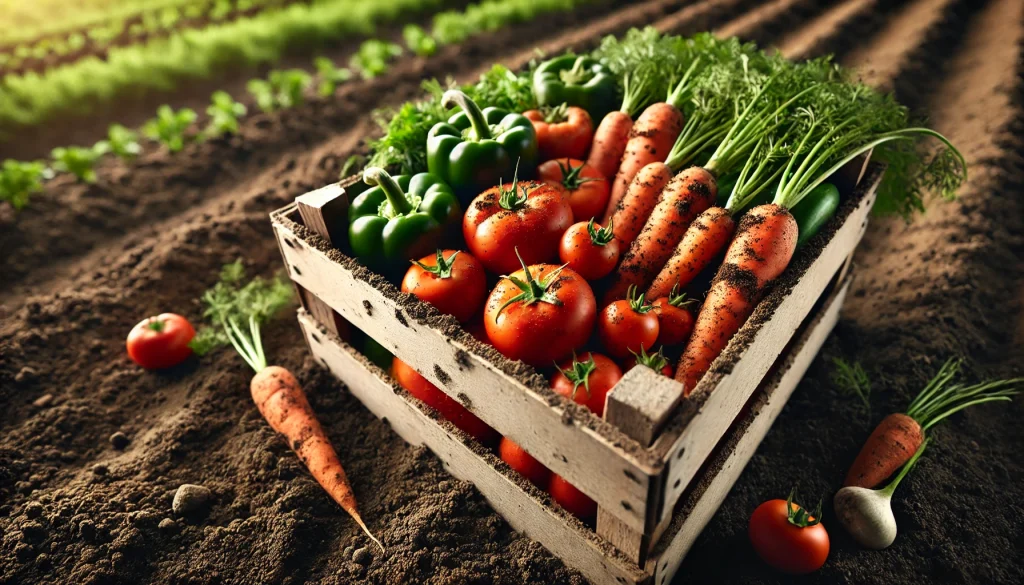
According to legislation, organic products must be certified by appropriate accredited bodies. They monitor compliance with organic production standards, including requirements for crop rotation, abandoning the use of chemical fertilizers and pesticides, and applying environmentally safe technologies.
With the beginning of the full-scale war and occupation of parts of Kherson and Zaporizhzhia regions, the area of land occupied by organic agriculture in Ukraine decreased, and by the end of 2022 amounted to 263,619 hectares, or 0.6% of the total agricultural land area. However, the state declares its intention to increase this share to 3% by 2030, and the volume of Ukrainian organic product exports to the USA to $1 billion.
Organic agriculture in Ukraine has great potential for development and integration into the European and global market.
Read also: Organic Production in Ukraine
Organic Farming in Ukraine
Organic farming is a significant component of agriculture. The main crops grown on organic lands are cereals, legumes, oilseeds, and technical crops. Additionally, the share of vegetables and fruits that meet organic production standards is growing.
Ukrainian organic products are in high demand on the global market, especially in European Union countries. The main importers are Germany, the Netherlands, Italy, France, and other European states. Ukrainian organic products are also supplied to the USA, Canada, Switzerland, and a number of Asian countries.
Organic Livestock Farming in Ukraine
This sector is developing more slowly than crop production. Today it is represented mainly by small farms specializing in raising cattle, pigs, sheep, and poultry. Large industrial complexes are not yet significant players in this field, as the transition to organic methods requires significant financial and technological resources.
As in organic agriculture in general, most farmers face the problem of finding quality feeds, which is an important condition for certifying products as organic. Domestic market demand for organic products remains low due to their higher cost compared to conventional products. However, for successful export of meat, milk, and eggs, Ukrainian farmers need to comply with high international standards, which requires not only certification but also continuous improvement of product quality.
Read also: Technology of milk and dairy products production in Ukraine
Organic Berry Production in Ukraine
Organic berry production is one of the most promising areas of agriculture in Ukraine and is developing both on the scale of small farms and in large agricultural companies. Ukrainian organic berries are in high demand in EU countries, which began to grow in 2023. Wild blueberries, cultivated raspberries, strawberries, and blueberries (particularly in frozen and dried form) are especially valued.
Organic berry production requires strict compliance with certification requirements that apply to both cultivation and processing of berry products.
How a Farmer Can Transition to Organic Agriculture
Transitioning to organic agriculture is a promising decision for farmers who strive to produce environmentally clean products while preserving the environment. However, this process requires preparation, planning, and gradual implementation of new methods and technologies:
- Assessment. It is necessary to conduct soil analysis, available resources, equipment, and infrastructure that may affect the success of the transition. It is also important to determine which crops or animal types are most appropriate to grow or raise in organic farming.
- Transition planning. A detailed plan should consider the duration of the process (usually 2-3 years), financial costs, and possible risks.
- Studying regulatory requirements. Organic agriculture is regulated by legislation that establishes requirements for production and certification. These need to be studied in detail and the farm prepared for compliance.
- Gradual transition to organic methods. The farmer should begin with gradual implementation of organic methods on part of the area or a small part of the farm. This will reduce risks and gain experience working with organic technologies.
- Certification. The certification process begins with choosing a reliable certification body that will help pass this stage. The next step is submitting an application and farm inspection. The certification body will conduct a farm audit to verify compliance with organic production requirements. Then comes the transitional status period, which lasts 2-3 years, when the farm begins applying organic methods but the products are not yet considered fully organic. After completing this period, certification can be obtained.
Read also: Farm Enterprise: What It Is, Types, How to Name and Register
It is also important to develop an effective marketing strategy for promoting products. Attention should be focused on the environmental benefits of organic farming and health benefits for consumers.
Development Prospects of Organic Agriculture in Ukraine
Organic agriculture in Ukraine is gaining popularity due to growing demand for environmentally clean vegetables, fruits, berries, dairy products, and meat.
At the same time, training, certification, purchasing organic fertilizers and plant protection products involve significant initial investments. Costs during the transition stage can be high due to the need to comply with strict standards and abandon cheap chemical preparations. However, in the long term, organic production will become more economically profitable due to higher prices for organic products.
Export opportunities to EU countries make this sector even more attractive. According to 2023 results, Ukraine is among the top five largest importers of organic products to the EU among 120 countries worldwide, maintaining its position over the past six years.
The development of organic agriculture in Ukraine will be helped by optimizing the certification system to ensure high organic quality standards, developing infrastructure for efficient collection and transportation of products, and increasing farmer awareness through training programs and consultations.
The online service WEAGRO helps reduce financial burden during the transition to organic agriculture. This is an online service that allows farmers to conveniently and quickly conclude agricultural product purchase agreements with installments up to 180 days. Required goods can be paid for in parts or at the end of the term, and products can be received on the day the agricultural installment is approved.
